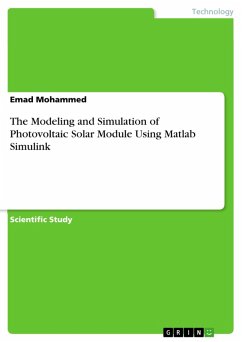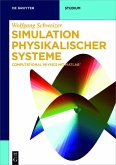The solar Photovoltaic (PV) technology is gaining significant levels and is going to contribute a major share of total generated electricity in the coming years. PV technology is becoming a promising alternative source for fossil fuels. However, Power Quality (PQ) is the major concern that occurs between the grid and an end user. Any typical electrical distribution system exhibits a passive characteristic with respect to power flows when power flows from a substation to load. However, with inclusion of solar PV generators, this behaviour tends to be changed. The main characteristics related to PQ, such as voltage level, frequency, power factor and Total Harmonic Distortion (THD), may be affected. This book presents the analysis of PQ with the integration of grid-connected PV systems as distributed generation. The role of Maximum Power Point Tracking (MPPT) technique is investigated through implementing few basic MPPT techniques. Using the Matlab-simulation platform, the analysis of PQ is demonstrated. This analysis is based on real measurements of THD, Voltage levels, Current levels, DC voltage levels, real power and reactive power flows.
Dieser Download kann aus rechtlichen Gründen nur mit Rechnungsadresse in A, B, BG, CY, CZ, D, DK, EW, E, FIN, F, GR, HR, H, IRL, I, LT, L, LR, M, NL, PL, P, R, S, SLO, SK ausgeliefert werden.









